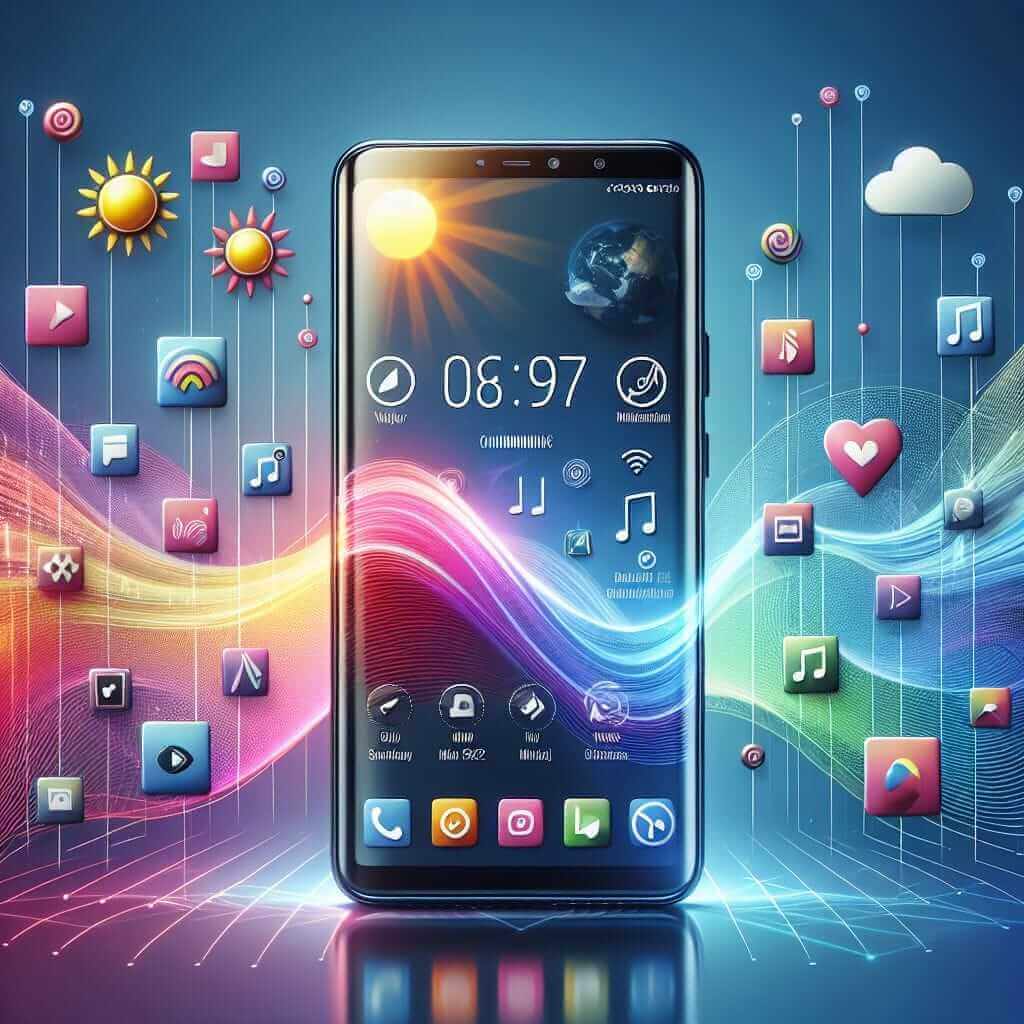The IELTS Speaking Test is known for its ability to challenge candidates with a variety of questions that cover an expansive range of topics. This article provides a structured approach to answering the common IELTS speaking prompt: “Describe a technological gadget you can’t live without.” By understanding the intricacies of how examiners evaluate responses and utilizing high-value vocabulary and expressions, you can significantly enhance your speaking band score.
In the IELTS Speaking test, examiners assess Fluency and Coherence, Lexical Resource, Grammatical Range and Accuracy, and Pronunciation. This prompt is relatively popular as it enables candidates to discuss a common aspect of daily life while showcasing their speaking abilities.
Part 1: Introduction and Interview
Frequently Asked Examiner Questions
- Do you like to use technological gadgets?
- What is your favorite technological gadget?
- How often do you use it?
Suggested Response for Part 1
Examiner: What is your favorite technological gadget?
Candidate: I would have to say that my smartphone is my favorite gadget. It’s incredibly versatile and indispensable in my daily life. I use it for a wide variety of tasks, from communicating with friends and family to managing my schedule and even doing work when I’m on the go.
Part 2: Long Turn
Cue Card Prompt
Describe a technological gadget you can’t live without. You should say:
- What the gadget is
- When you first got it
- How often you use it
- And explain why it is important to you
Suggested Response for Cue Card
The one technological gadget that I can’t imagine living without is my smartphone. I first got my current model, the iPhone 12, about a year ago. Since then, it has become an integral part of my routine. I use it daily, multiple times a day, for a myriad of purposes.
Firstly, it’s my main tool for communication. I use it to make calls, send texts, and use messaging apps like WhatsApp and Messenger to stay in touch with my loved ones. Secondly, the smartphone is essential for organization and productivity. My calendar app helps me keep track of important dates, deadlines, and appointments. Thirdly, it serves as my entertainment center, providing access to streaming services, social media, and games.
Additionally, it’s an invaluable resource for information and knowledge acquisition. With just a few taps, I can browse the internet, read e-books, and access news from around the world. This multifunctionality saves me time and keeps me connected and informed, making it an indispensable gadget in my life.
Possible Follow-up Questions
Examiner: How has this gadget changed your life?
Candidate: It has revolutionized the way I interact with the world. Not only has it enhanced my efficiency in managing daily tasks, but it has also provided me with the tools to stay connected globally, which is incredibly valuable in both my personal and professional life.

Part 3: Two-way Discussion
Potential Examiner Questions and Sample Responses
Examiner: How do technological gadgets affect our daily lives?
Candidate: Technological gadgets have a profound impact on our daily lives. They have streamlined many processes, providing convenience and improving productivity. For instance, many people use wearable technology like smartwatches to monitor their health and fitness, thereby promoting a healthier lifestyle. Moreover, gadgets like smartphones and tablets have also enhanced connectivity, enabling us to stay in touch with others effortlessly.
Examiner: Are there any negative impacts of relying too much on gadgets?
Candidate: Absolutely. One significant drawback is that excessive use of gadgets can lead to health issues such as eye strain, poor posture, and a sedentary lifestyle. Additionally, over-reliance on gadgets can potentially reduce face-to-face interactions and weaken personal relationships. It’s essential to use these devices judiciously to balance the benefits and mitigate any adverse effects.
Essential Vocabulary and Structures
- Indispensable /ˌɪndɪˈspensəbl/ (adj.): absolutely necessary
- Versatile /ˈvɜːrsətaɪl/ (adj.): able to adapt or be adapted to many different functions or activities
- Multifunctionality /ˌmʌltiˌfʌŋkʃəˈnæləti/ (n.): having multiple functions
- Efficiency /ɪˈfɪʃnsi/ (n.): the ability to accomplish something with the least waste of time and effort
- Streamlined /ˈstriːmlaɪnd/ (adj.): made more efficient by making a process simpler or more effective
Examples in Context
- The smartphone is indispensable to my daily routines.
- Its multifunctionality makes it an essential tool for both work and entertainment.
- Using a smartphone has streamlined my ability to communicate with international colleagues.
Examiner’s Tips for High Scores
- Practice Fluently: Engage in regular speaking practice to enhance fluency. Respond to sample prompts and time yourself.
- Use Rich Vocabulary: Incorporate varied and precise vocabulary in your responses.
- Focus on Coherence: Organize your thoughts logically. Use linking words to connect ideas smoothly.
- Improve Pronunciation: Work on clear and accurate pronunciation. Listen to native speakers and practice shadowing.
- Self-Record and Evaluate: Record your responses and critically evaluate them to identify areas for improvement.
By methodically preparing for each part of the IELTS Speaking test and focusing on high-impact vocabulary and smooth delivery, you can maximize your chances of achieving a desirable band score.